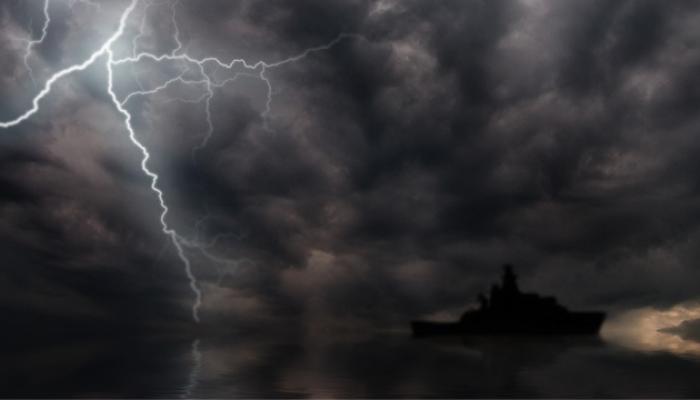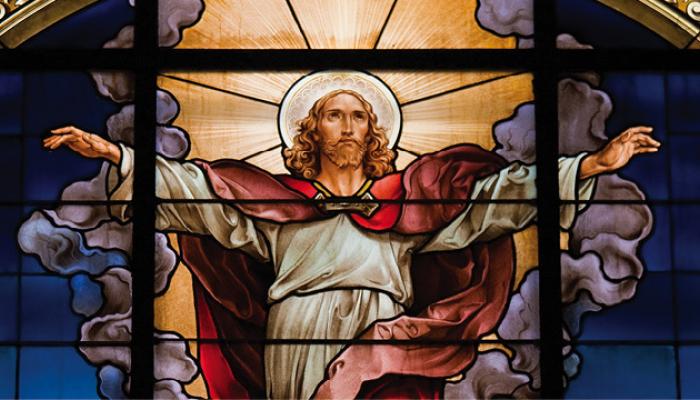
1.48 In paradiso troverò il mio animale domestico?
Dio ha affidato gli animali alla cura dell’uomo (Gn 2, 19-20)Gn 2, 19-20: Allora il Signore Dio plasmò dal suolo ogni sorta di animali selvatici e tutti gli uccelli del cielo e li condusse all'uomo, per vedere come li avrebbe chiamati: in qualunque modo l'uomo avesse chiamato ognuno degli esseri viventi, quello doveva essere il suo nome. Così l'uomo impose nomi a tutto il bestiame, a tutti gli uccelli del cielo e a tutti gli animali selvatici, ma per l'uomo non trovò un aiuto che gli corrispondesse.. S. Francesco è una grande esempio di come possiamo gli animali, senza esagerare. A volte abbiamo un forte legame con un animale.
Ci sono grandi differenze tra esseri umani ed animali, come il fatto che gli animali seguono il loro istinto mentre gli esseri umani possono pensare razionalmente. La Bibbia si riferisce agli animali come a delle specie, ma si riferisce alle persone come a esseri umani unici. Dio ha creato ognuno di noi volutamente. Gli animali non hanno alcun scopo al di fuori della loro vita terrena. In paradiso noi saremo completamente felici perché adoreremo Dio per sempre. Perciò lì i nostri animali domestici non ci mancheranno.
What does the seventh commandment require?
The seventh commandment requires respect for the goods of others through the practice of justice and charity, temperance and solidarity. In particular it requires respect for promises made and contracts agreed to, reparation for injustice committed and restitution of stolen goods, and respect for the integrity of creation by the prudent and moderate use of the mineral, vegetable, and animal resources of the universe with special attention to those species which are in danger of extinction. [CCCC 506]
How should we treat animals?
Animals are our fellow creatures, which we should care for and in which we should delight, just as God delights in their existence.
Animals, too, are sentient creatures of God. It is a sin to torture them, to allow them to suffer, or to kill them uselessly. Nevertheless, man may not place love of animals above love of man. [Youcat 437]
How do the soul and body form a unity in the human being?
The human person is a being at once corporeal and spiritual. In man spirit and matter form one nature. This unity is so profound that, thanks to the spiritual principle which is the soul, the body which is material, becomes a living human body and participates in the dignity of the image of God. [CCCC 69]
What is the soul?
The soul is what makes every individual person a man: his spiritual life-principle and inmost being.The soul causes the material body to be a living human body. Through his soul, man is a creature who can say “I” and stand before God as an irreplaceable individual.
Men are bodily and spiritual creatures. A man’s spirit is more than a function of his body and cannot be explained in terms of man’s material composition. Reason tells us that there must be a spiritual principle that is united with the body but not identical to it. We call it the “soul”. Although the soul’s existence cannot be “proved” scientifically, man cannot be understood as a spiritual or intellectual being without accepting this spiritual principle that transcends matter. [Youcat 62]
From where does man get his soul?
The human soul is created directly by God and is not “produced” by the parents.
Man’s soul cannot be the product of an evolutionary development out of matter or the result of a generative union of the father and mother. With every man, amunique, spiritual person comes into the world; the Church expresses this mystery by saying that God gives him a soul, which cannot die; even if the person loses his body in death, he will find it again in the resurrection. To say, “I have a soul”, means that God created me not only as a creature but as a person and has called me to a never-ending relationship with him. [Youcat 63]
Whereas for other creatures who are not called to eternity, death means solely the end of existence on earth, in us sin creates an abyss in which we risk being engulfed for ever unless the Father who is in Heaven stretches out his hand to us. [Pope Benedict XVI, Homily 13 Jan. 2008]





